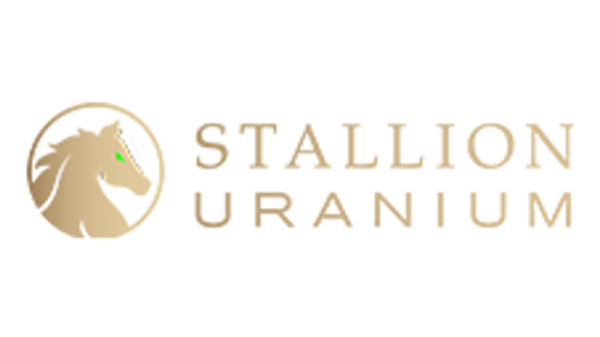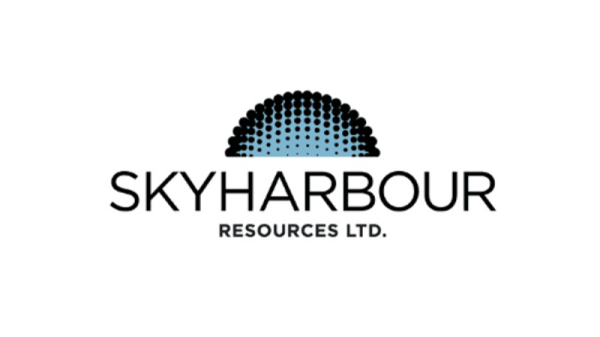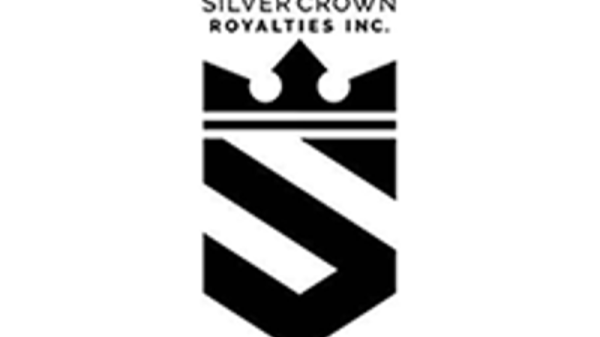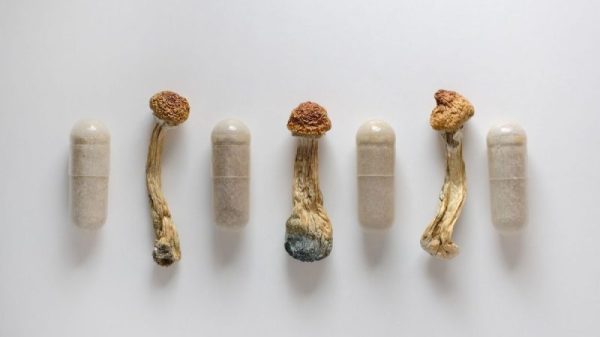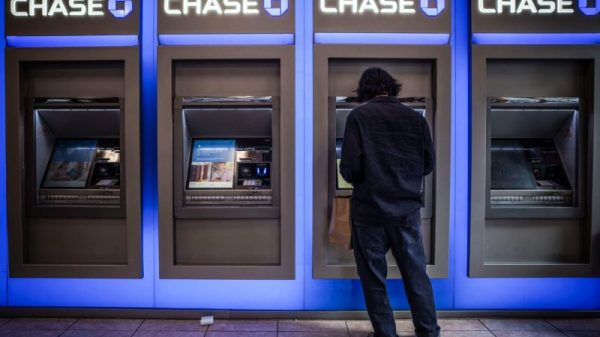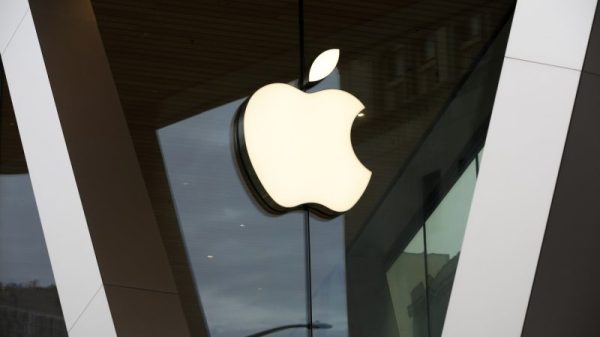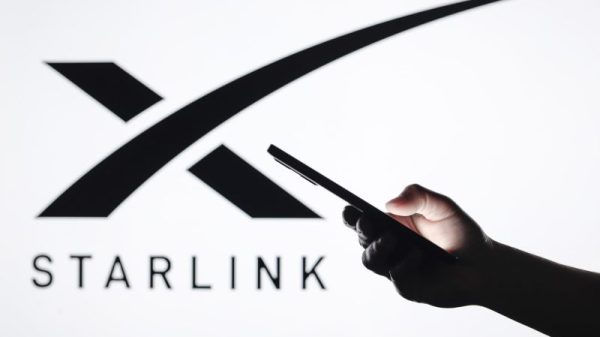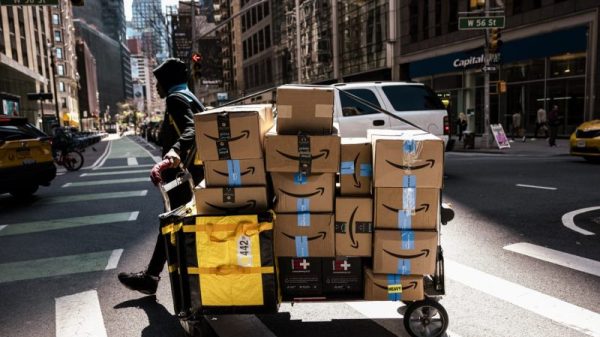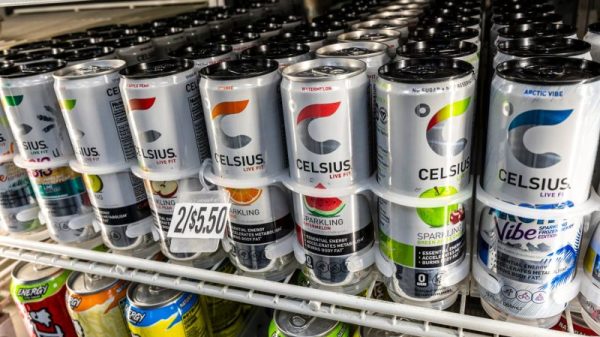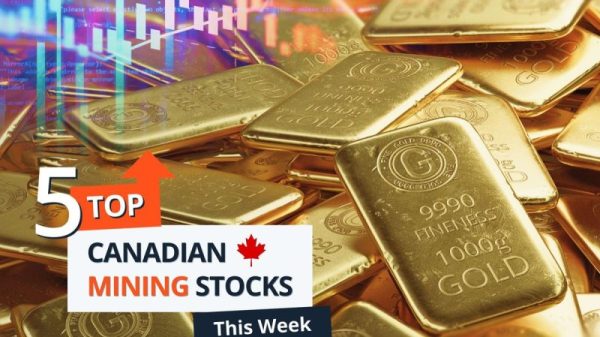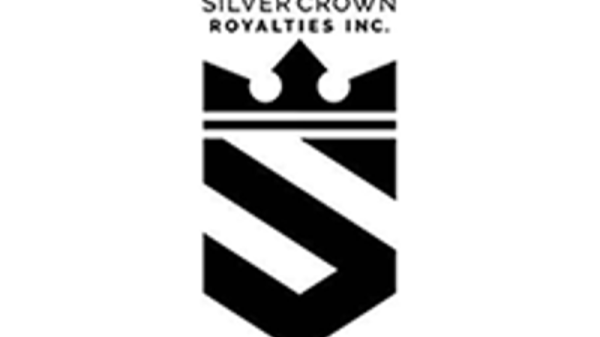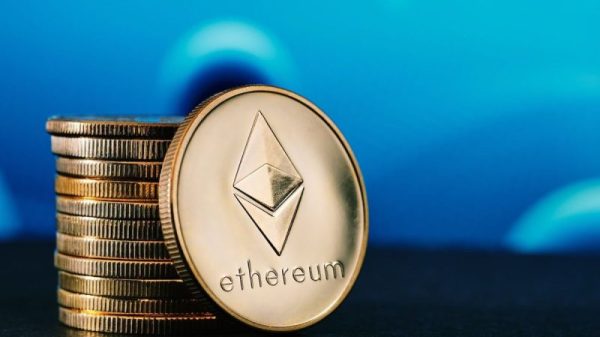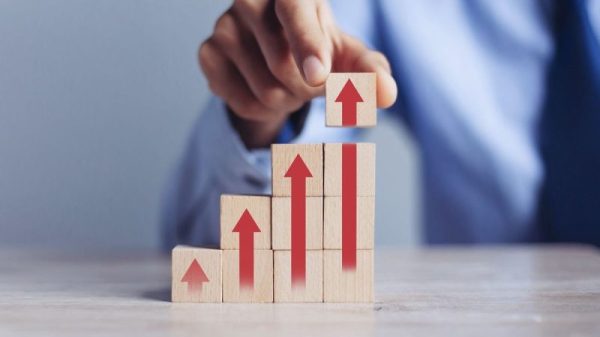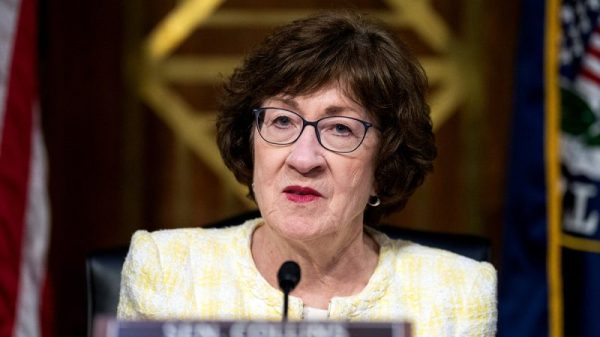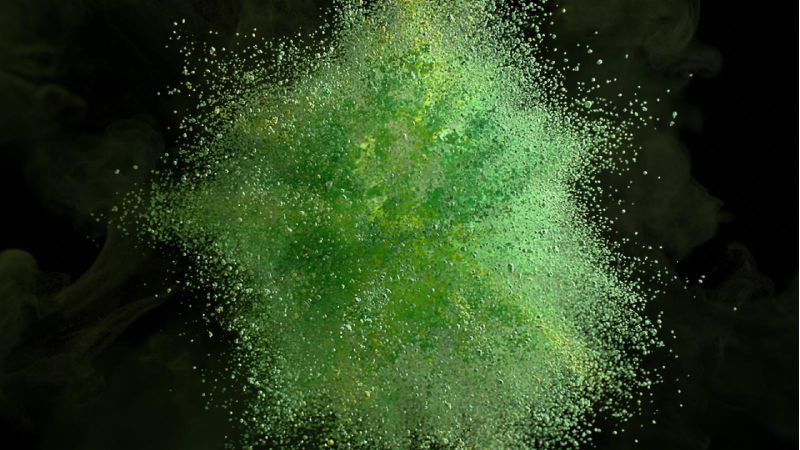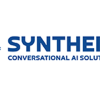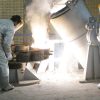You wouldn’t know if you tasted it, but Epic OneWater Brew is a beer with a peculiar ingredient: it’s made with water recycled from the showers, sinks and washing machines of a residential building.
The beer is safe to drink, thanks to a series of treatments that include microfiltration and ultraviolet light, and it is meant to bring attention to the issue of water scarcity and reuse.
“Buildings globally use 14% of all potable water,” says Aaron Tartakovsky, CEO and co-founder of Epic Cleantec, the San Francisco-based water treatment company that made the beer in collaboration with a local brewery. “Almost no buildings reuse that water — that’s what we’re trying to change.”
The beer is a Kölsch-style ale — a crisp, light-bodied drink originating from Germany — and was made with recycled graywater from Fifteen Fifty, a 40-story luxury apartment building in San Francisco. But it’s not for sale, as regulations prohibit the use of recycled wastewater in commercial beverages. At least for now.
A ‘solar’ moment
Epic Cleantec equips buildings with its water recycling system, eliminating the need to discharge wastewater into a sewer to transport it to a remote treatment facility. The system recycles up to 95% of wastewater, according to the company — either what is known as blackwater, which comes from toilets, or graywater, which comes from sinks, washing machines, bathtubs and showers.
How wastewater is getting a new lease of life
It does so by first using biological treatment to remove organic matter, then microfiltration via membranes just 0.04 microns thick (about 0.05% of the thickness of a human hair), and finally disinfection by ultraviolet light and chlorine, which makes the water safe for reuse in non-potable applications like toilet and urinal flushing, irrigation and laundry. The system installed in Fifteen Fifty is designed to recycle 7,500 gallons of water per day, or up to 2.75 million gallons per year.
“What we’ve done is just take a lot of existing principles in the wastewater world and design it for single buildings instead,” Tartakovsky said. “We do for water what solar did for energy, which is moving away from a sole reliance on large, centralized infrastructure.”
Epic Cleantec says the system has other benefits: recovered heat from the wastewater can be used to pre-heat domestic hot water, cutting heating costs, and the organic matter in the wastewater can be used to produce natural soil products, usable in landscaping, gardens or parks.
An installation takes the space of a few parking spots, on average, but it’s expensive — from a few hundred thousand dollars into the millions, depending on the size of the building. However, Tartakovsky says that it pays for itself in just a few years, by lowering utility bills.
In San Francisco, since 2015, all new buildings of more than 100,000 square feet are required to have an on-site water recycling system; out of the few dozen currently installed, Epic Cleantec is responsible for five.
“It’s very common sense. Why are we still using pristine drinking water from our national parks to flush the toilets of our tech employees in downtown San Francisco?” Tartakovsky asks. “Scientifically, this water often meets or even exceeds drinking water standards.”
Cutting water usage
Epic Cleantec started its beer project in late 2022, for attendees of a conference on sustainable building technologies. “We ended up producing just over 7,000 cans, not as a commercial product, but as an educational effort,” Tartakovsky says, using 2,000 gallons of recycled water. “It was meant to tell the water reuse story in a new way. But frankly, we did not anticipate the tremendous response that we saw.”
While Epic Cleantec’s system isn’t intended to produce water for drinking, regulations currently allow potable reuse of wastewater in many US states, including California and Texas. More states, including Arizona, Colorado, Florida, New Mexico and Washington, are in the process of updating their water reuse regulations.
“Recycled water is already being used as a source of drinking water in places like Southern California, Singapore and Australia,” says David Sedlak, director of the Berkeley Water Center at the University of California, Berkeley. “All of those operations rely upon recycling plants that are associated with sewage treatment plants. Building-scale water recycling systems offer an opportunity for cities to reduce their reliance on water from rivers, lakes and reservoirs — sources that are vulnerable to climate change. It also offers opportunities to save energy and reduce the amount of pollutants that cities release to the environment.”
Sedlak, who is not involved in Epic Cleantec, says the water recycling system developed by the company has proven its technology to be a viable means of recycling water within buildings. “It is clean enough to use to produce a tasty beer and it is certainly clean enough to use for toilet flushing and landscape irrigation,” he adds.
In 2017, two California-based brewers produced limited-edition beers made from recycled water, to serve at local events. Daniel McCurry, an assistant professor of Civil and Environmental Engineering at the University of Southern California, tried one. “I drank it with no reservations, but it was brewed with water from a municipal potable reuse project in San Diego,” he says.
He explains that municipal systems for potable reuse typically include two more steps than Epic Cleantec’s – reverse-osmosis and UV/advanced oxidation processes – which McCurry says can remove chemical contaminants such as industrial solvents and pharmaceuticals “to a much greater extent than by ultrafiltration, UV, and chlorine alone.”
Being able to sell beer or other drinks made with such water would require another regulatory step, but it isn’t out of the question, according to Tartakovsky. “When I got into the water industry, there was a lot of often-repeated tropes that the general public was just not ready for recycled water,” he says.
“In the industry, we call it the ‘yuck’ factor. There’s a mental perception that recycled water is not as clean as other sources of water. But what I often remind people of is that all water on this planet is recycled. The water we are drinking today is the same water that was consumed by the dinosaurs millions of years ago.”
He adds that, despite not being its focus, Epic Cleantec is now having conversations with some of the largest brewers in the world. “We have a lot of people who are asking for more of it, just because beyond being an interesting environmental story, the beer actually just tastes really good,” he says.
“You’re going to start hearing a lot more about a lot of different industries using recycled water for their products. I think the sky’s the limit for what we can do.”

